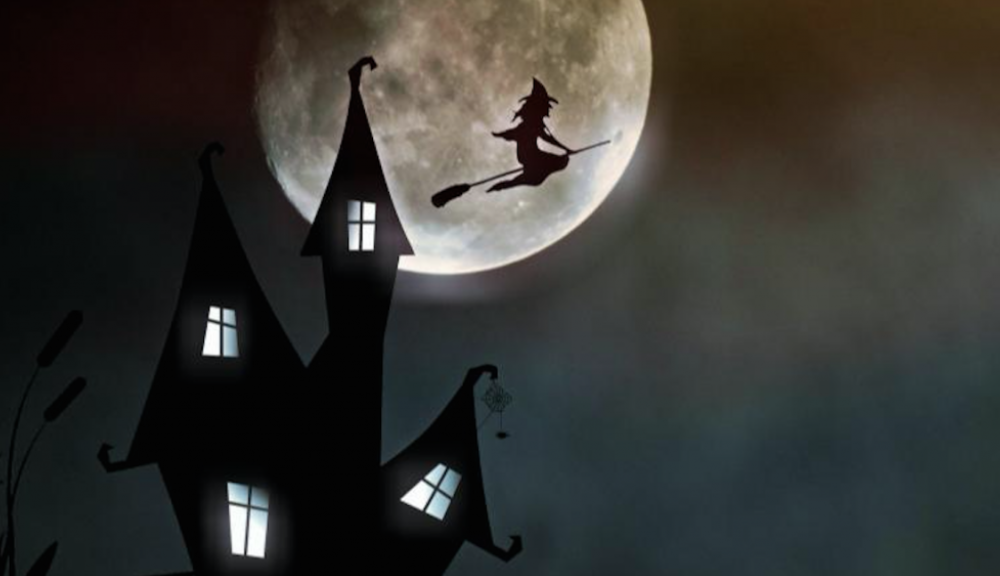
The witching hour
It might sound mysterious or even spooky, but you might have heard about the famous witching hour when it comes to babies. So what happens when a baby is in the middle of the dreaded witching hour?
Let’s first think about the following situation: you come home exhausted after a long day’s work, fed up with everything, saturated with information, noise and talk, and your partner makes the usual comment: “Do you want vegetables or salad for dinner?”. You burst out and shout if he doesn’t remember that today you had vegetables for lunch, and the lettuce in the fridge has gone off. And you can’t understand why he can’t decide for himself even once, so you don’t care because you’re so tired that you’re going to sleep. Then you can’t take it anymore, you’re not hungry, don’t want to eat, and just want to go to bed and sleep for a long time. Your work sucks, and you can’t take it anymore, and your mother has told you that the plant you gave her died. And you talk, scream and cry, all at the same time.
What do you think has happened to you?
Of course, it’s obvious that you were tired, fed up, and stressed out, and you took it out on the person you trust the most. And something similar happens to babies at the end of a long and stressful day, and all babies, whether 10 days, 10 months or 2 years old, have moments when they can’t take it anymore and burst.
Adults can express emotions by talking and can recognise and name them. Babies cannot. They can only cry and take their tiredness and stress out on the person they trust the most: you and your breast. And the problem is not the breast; in fact, the breast can be the solution.
In the beginning, mothers tend to attribute these attacks of tiredness to two main factors: colics (tummy ache) and the baby rejecting their breasts. And that leads them to do the wrong things: offer herbal preparations and sugar, supplement with formula (which at the beginning is usually taken in one go, offer medication for pain relief, and so on.
We will rarely be able to get rid of the witching hour, as we live in a very stressful world for adults and babies. So we can try to anticipate this extreme tiredness and exhaustion, and if the witching hour has struck, we can try to make it as bearable as possible.
Why in the evening?
Because, just like adults, at that time of day, babies are exhausted from the day, and they can’t take it anymore. They are sleepy and so exhausted that they can’t cope anymore. It just is the end of an exhausting day, where the sensory overload, such as noises and light, is not as filtered as they were in the womb.
Why is my baby fussy at the breast?
Most of the time, they fuss at the breast because their main problem is not hunger, but they are just so exhausted that they want to sleep.
Certainly, sucking may help them to fall asleep, but they are so overtired that it is tough for them to relax and let go. So when they are older and overwhelmed, they move from one breast to the other until sleep finally overcomes them.
What can I do to avoid the witching hour?
Keeping days relaxed, with few people visiting at home, would be ideal, so your baby is not passed from arms to arms, avoiding excessive visual and sound stimulation. Of course, it is almost impossible to achieve this relaxed atmosphere, so at least try to keep your baby close to you as much as possible (babywearing in a sling is also great). Try to go to a quiet room with little light before sunset, so your baby can relax, and breastfeeding helps them to fall asleep.
How do you cope during the witching hour?
If you do get caught in the witching hour, which often happens in a baby’s life, the best thing to do is to keep as calm as possible. Remember that your baby is not rejecting you or your breast, and be sure that your baby’s tummy doesn’t hurt, so they neither need medication nor herbal remedies.
Obviously, different things work for different babies, and you have to find out what works for both of you: sometimes you can keep breastfeeding from breast to breast, you may rock or walk your baby, keep her very close to your body, sing, dance, cuddle and caress her.
In the end, you will see that with time, as your baby grows, you recognise the witching hour as the moment when your child can’t take any more, is exhausted, and the only thing they want (even if sometimes they don’t show it) is to cuddle you and go to sleep.
Do you have any other questions?
You can find more information about all things breastfeeding in our free app, LactApp, for iPhone or Android. In the contact section of the app, you can find an in-app consultation channel where our experts will answer your questions.